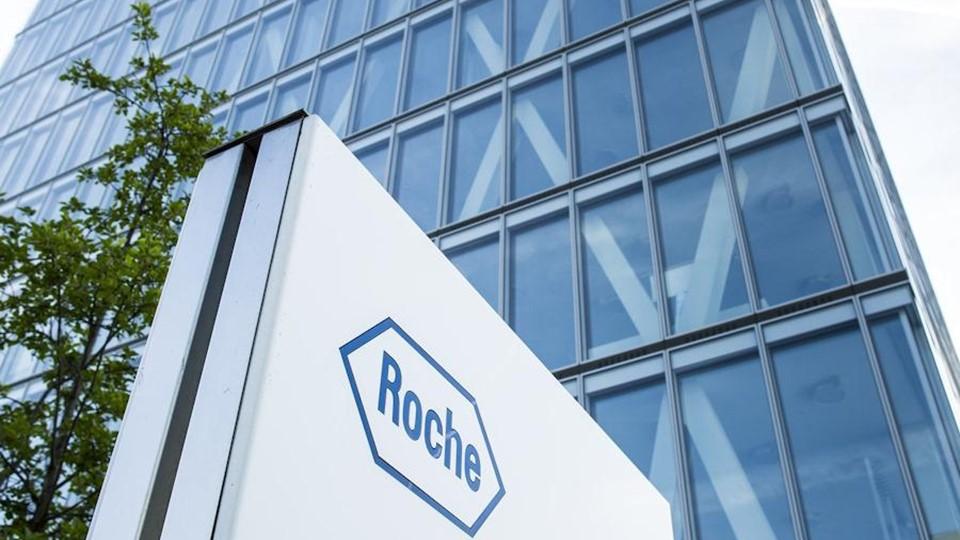Roche preps filings for new Ocrevus injection

A subcutaneous (SC) injection version of Roche’s big-selling multiple sclerosis therapy Ocrevus has matched the current intravenous form in a clinical trial and, according to the company, could boost uptake of the drug in areas where access to IV clinics is limited.
The phase 3 OCARINA II trial showed that a 10-minute injection with Ocrevus (ocrelizumab) was able to maintain levels of the drug in the blood, as well as IV administration over a 12-week period, and was also equally effective at controlling lesions in the brain, measured using MRI scans.
Both versions of the drug are designed to be dosed just twice a year, but the injectable can be delivered in just 10 minutes, versus a couple of hours for an IV infusion.
More importantly, SC Ocrevus could expand access to the drug in MS centres without IV infrastructure or those with IV capacity limitations, said Roche.
First approved in 2017, Ocrevus has since become Roche’s top-selling drug, with sales of more than CHF 6 billion ($6.95 billion) last year, fuelled by its approvals for both relapsing and primary progressive forms of MS, and currently claims around 22% of the MS market.
The data on the SC formulation will now be submitted to health authorities around the world, according to the company. Roche’s chief medical officer, Levi Garraway, said it will “give people living with MS the possibility to receive the transformational benefits of Ocrevus in the way best suited to their lives, while freeing up time and healthcare resources.”
The new version has been developed using the Enhanze drug delivery technology developed by Halozyme, which increases the permeability of the tissue under the skin, giving space for large molecules to enter the bloodstream.
If approved, it will also help Roche shore up its MS franchise at a time when it is being challenged by new market entrants, including Novartis’ Kesimpta (ofatumumab), which can be self-administered by patients at home once a month after three initial injections a week apart.
Also on the horizon are new orally-active BTK inhibitors, including Roche’s own fenebrutinib, as well as Merck KGaA’s evobrutinib, Sanofi’s tolebrutinib, and Novartis’ remibrutinib - all currently in late-stage development.
The SC formulation could also provide Roche with additional patent protection for Ocrevus. According to GlobalData, patents on the drug will start to expire in Europe in 2028 and the US in 2029, after which biosimilars may be able to reach the market.













